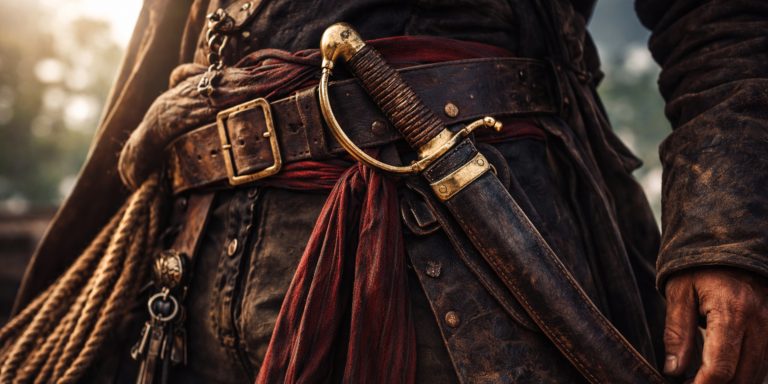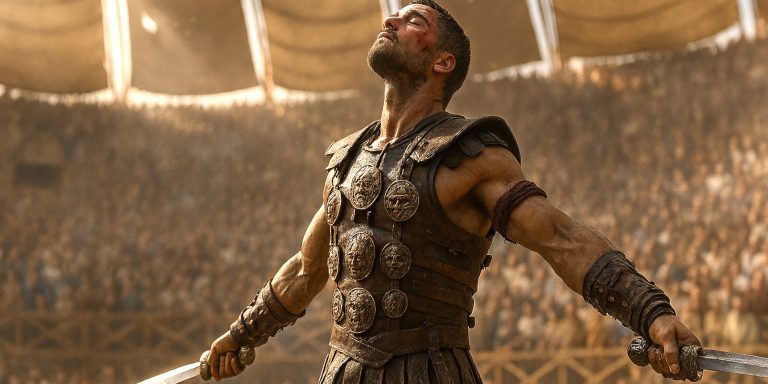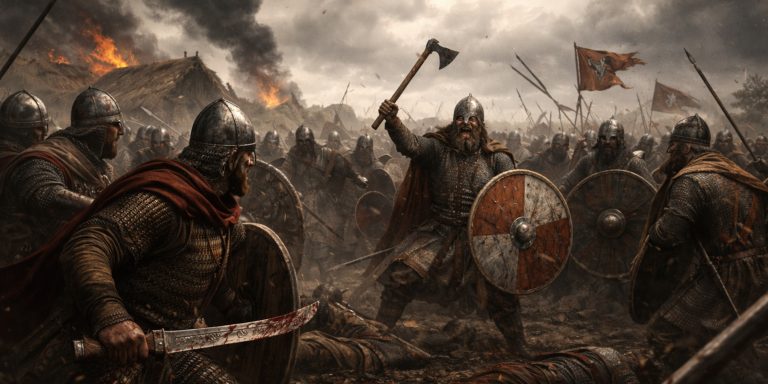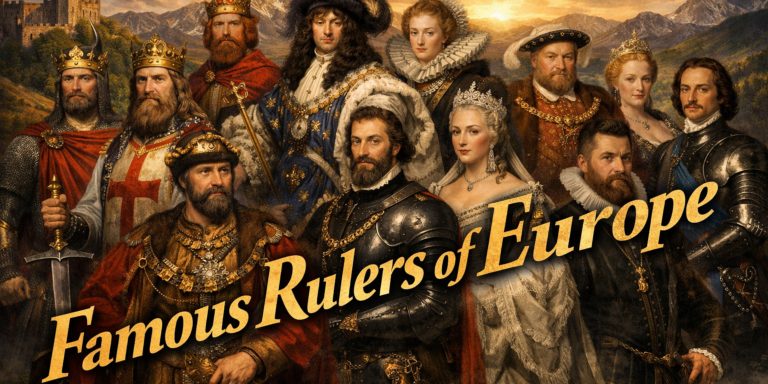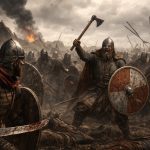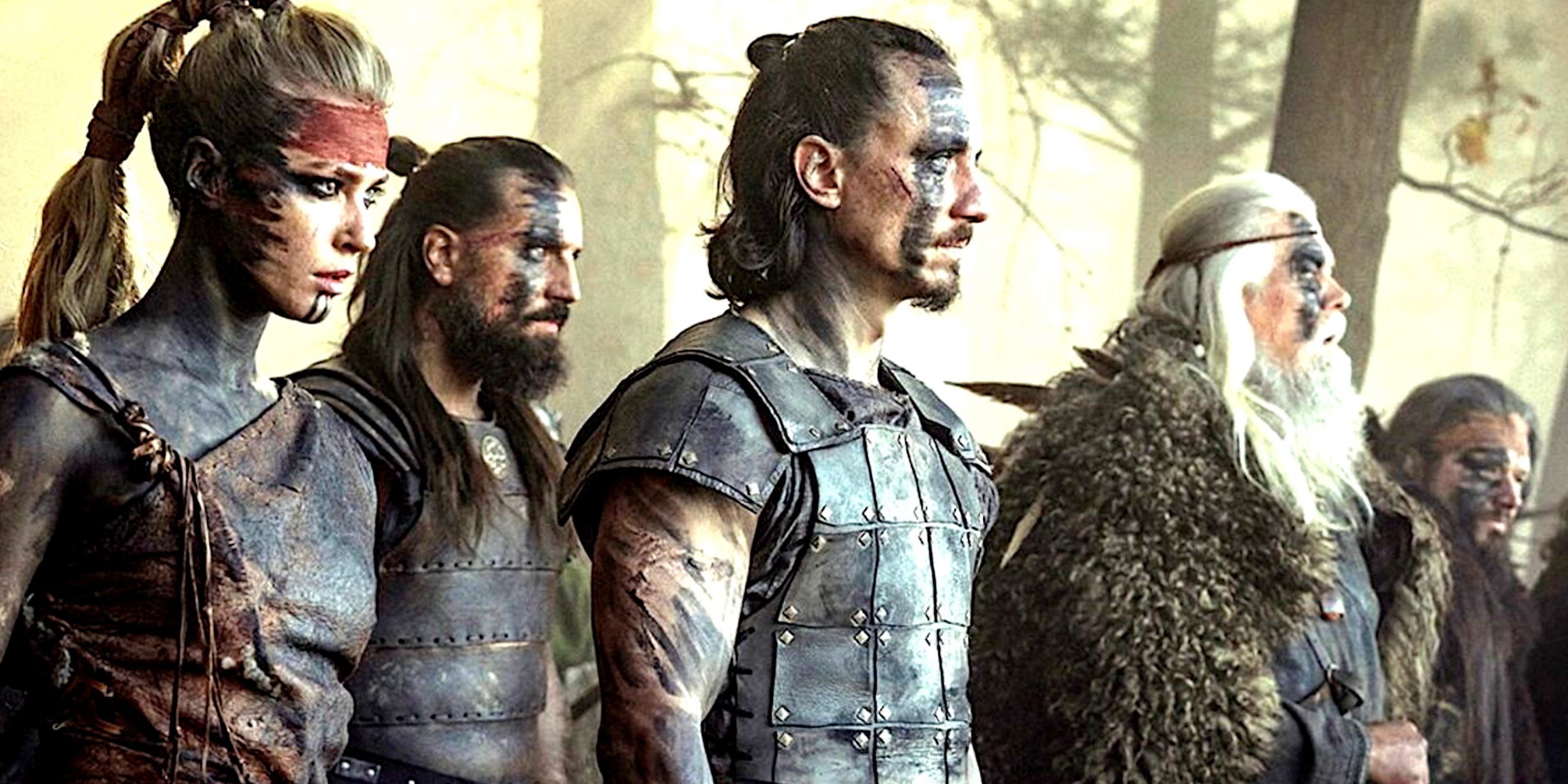
If you have watched Barbarians and finished the season wondering how much of that chaos actually happened, welcome. The truth is somehow even wilder than the show makes it look, but also a lot less tidy. The Teutoburg Forest ambush was not a single cinematic moment. It was three days of rain, mud, bad decisions and one very betrayed Roman governor. Let’s break it down in a way that makes sense for viewers who want answers without digging through dusty Latin.
The World Before the Ambush
Rome did not see Germania as a polite neighbour. It saw it as an unfinished project. By the time of the battle, Augustus had spent years pushing Roman rule east of the Rhine, building roads and forts and trying to turn various tribes into compliant clients. It was going fairly well on paper, but only because the paper was written by Romans. Germanic unity barely existed. These tribes fought each other as often as they fought outsiders.
Enter Arminius. He grew up in the Roman system, served in the Roman army, earned citizenship and ranks, and understood how Rome worked from the inside. The show captures that tension well. What it cannot fully cover is how deeply personal his decision was. Betrayal hits differently when you have worn the uniform.
How Varus Walked Into Disaster
Publius Quinctilius Varus, the Roman governor of the region, was not stupid. He was just very confident. Too confident. When Arminius told him there was a local revolt that needed quick attention, Varus believed him without hesitation. With that, three Roman legions, plus auxiliaries and support staff, marched straight into the Teutoburg Forest.
Anyone who has hiked German woodland knows how dense it gets. Now imagine tens of thousands of soldiers, supply wagons and animals trying to navigate it while rain turns everything into a sludge pit. The Romans were stretched out in a long column with no proper formation. It was the military equivalent of walking into a group project fully trusting the person who has already failed to reply in the group chat.
How the Ambush Actually Unfolded
The battle lasted for several days. Arminius and the coalition of tribes struck the column in segments. They used the forest as cover. They hit supply wagons. They forced the Romans into narrow paths where shields and discipline helped less than usual.
The show compresses this into intense, dramatic set pieces, which is fair because the real version would have been hours of mud, panic and slow collapse. Roman armour made soldiers effective in formation but clumsy on soaked forest ground. The tribes fought with whatever worked, from spears to clubs to anything sharp enough to ruin a shield wall.
By the end, the Roman force was shattered. Varus fell on his own sword. Arminius emerged as the architect of one of Rome’s biggest disasters.
What the Show Gets Right
Barbarians deserves credit for leaning into the cultural tension. The sense of Roman arrogance, the fractured nature of the tribes and the shifting loyalties feel grounded in the sources.
Arminius truly was a man caught between identities. The show explores that conflict in a way that is surprisingly close to the historical debates, even if some characters are composites or invented to keep the story moving.
The battle scenes echo the real issues. Poor terrain, awful weather, stretched formations, and the sheer advantage the tribes had on home ground. That messy, suffocating sense of doom is exactly what Roman survivors described.
What the Show Gets Wrong or Simplifies
No series can capture how chaotic the actual ambush was without losing its audience. Instead of three days of slow attrition, we get a condensed timeline. The real tribal alliances were also far larger and less tidy. Diplomacy among Germanic groups was a headache of rivalries, pride and opportunism.
There is also far more uncertainty in the historical record than the show implies. Almost everything we know comes from Roman authors who were writing after the fact, often with political motives. Arminius himself remains frustratingly shadowy. We know he was capable, tactical and charismatic, but we cannot always trace which victory belongs to him and which to the conditions.
Why Teutoburg Still Matters
The disaster forced Rome to rethink its ambitions in the region. Augustus reportedly banged his head on a door and shouted for Varus to give him back his legions. Whether he literally did that is doubtful, but the frustration behind the story feels right. Rome stopped trying to conquer deep Germania after this. The Rhine became the frontier. Arminius became a symbol of freedom for later centuries, even though the tribes he unified went right back to quarrelling after the dust settled.
As for modern viewers, the battle grips us because it feels like a turning point that should not have happened. A single decision changed the direction of an empire. A man who understood both sides used that knowledge with precision. It is messy, human and strangely familiar: a story of trust given too easily and consequences that echo far beyond a forest.
The Seven Swords Takeaway
Barbarians dramatises a moment of genuine historical upheaval. It adds flair and intensity, sure, but at the centre of it sits a real betrayal, a real catastrophe and a story that shaped the map of Europe. Once you peel back the TV polish, the truth is darker, more complex and somehow even more compelling.
If anything, the show proves that history does not need embellishment to feel cinematic. The people involved did the job themselves.
Watch the Trailer:

